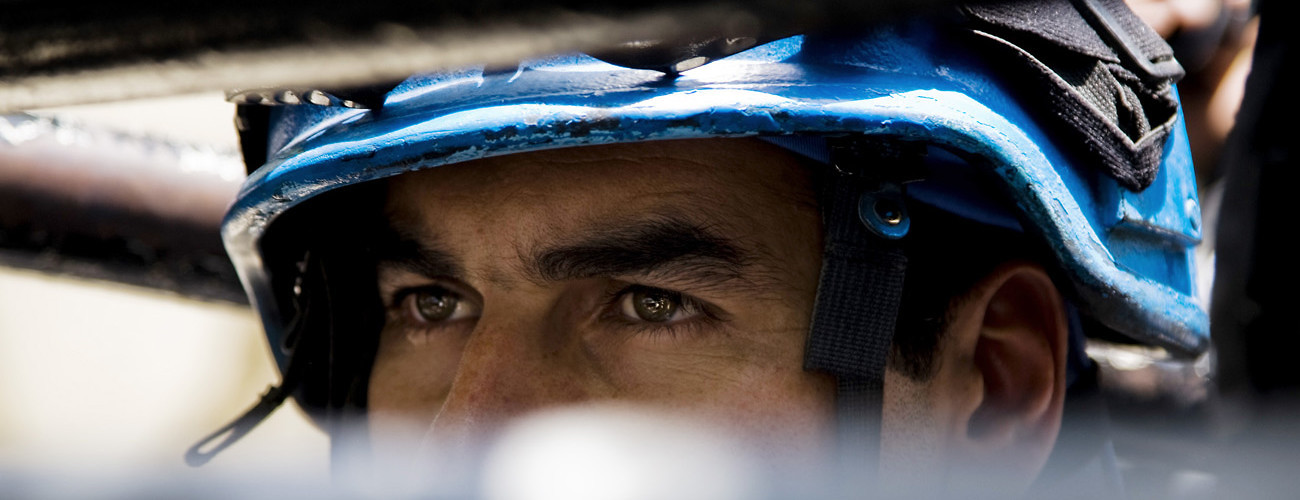In the past two decades, United Nations police have become an increasingly visible and important part of UN peacekeeping. As their roles have evolved from observing and reporting to training, reforming, operating alongside, and occasionally standing in for local police, the number of police required has also increased.
Yet the UN faces key challenges in achieving more rapid and adaptive deployment of police—from finding enough of the right sorts of expertise to adapting police from partly democratic or autocratic states to the needs of democratic policing.
This report explores these challenges in the areas of selection, recruitment, and deployment of UN police. It looks at how the UN could broaden the available base of police-contributing countries and reviews different national models for making police-related expertise rapidly available internationally. The authors conclude with a number of recommendations for enhancing the effectiveness of selection and recruitment of future police peacekeepers, in order to achieve larger reserve cadres, better knowledge transfer in-mission, a consistent gender perspective in strategy and planning, and locally built alternatives to most formed-police units.
This is the sixth thematic study in IPI’s Providing for Peacekeeping series.








